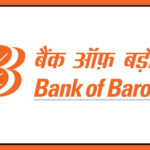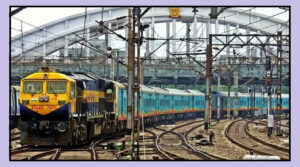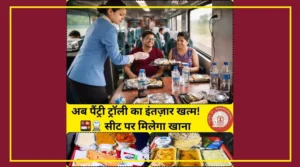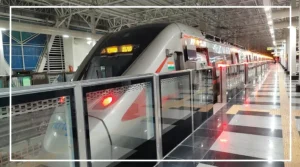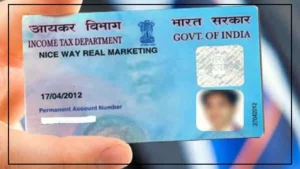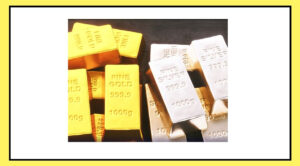The Namo Bharat train, which aims to make travel between Delhi and Ghaziabad-Meerut easier, is quickly growing its network and improving passenger facilities.
Recently, the National Capital Region Transport Corporation (NCRTC) announced a new feature for passengers.
Starting Wednesday, those booking Namo Bharat train tickets through the RRTS Connect app will also be able to book Delhi Metro tickets.
Likewise, passengers can book Namo Bharat train tickets via the DMRC mobile app when purchasing Delhi Metro tickets.
Agreement with Delhi Metro
NCRTC and Delhi Metro Rail Corporation (DMRC) have signed a Memorandum of Understanding (MoU) to integrate their ticketing systems.
This partnership is designed to offer seamless travel across Delhi-NCR. The MoU was signed by NCRTC Managing Director Shalabh Goyal and DMRC Managing Director Dr. Vikas Kumar.
One India – One Ticket Initiative
This integration supports the ‘One India – One Ticket’ initiative, allowing passengers to use a single platform to book QR code tickets for both Namo Bharat and Delhi Metro services.
After this agreement, passengers using the RRTS Connect app for Namo Bharat train tickets will also be able to purchase Delhi Metro tickets, and vice versa through the DMRC mobile app.
This integration will enhance the passenger experience by reducing the need to switch between different ticketing apps.
This initiative aligns with the PM National Gati Shakti Master Plan, which seeks to integrate various transportation modes seamlessly.
RRTS stations will connect with existing railway stations, metro stations, and bus depots, creating a unified transport network.
This effort supports rail-based green transport for the Delhi-NCR region.
Namo Bharat’s Partnership with IRCTC
This new ticketing development follows a recent agreement between NCRTC and IRCTC, allowing Namo Bharat train tickets to be booked on the IRCTC platform.
The Namo Bharat train, with a design speed of 180 km/h and an operational speed of up to 160 km/h, will cut travel time between Delhi and Meerut by one-third.
The services are expected to start by June 2025, covering the 82 km RRTS corridor and making the journey in under an hour.





